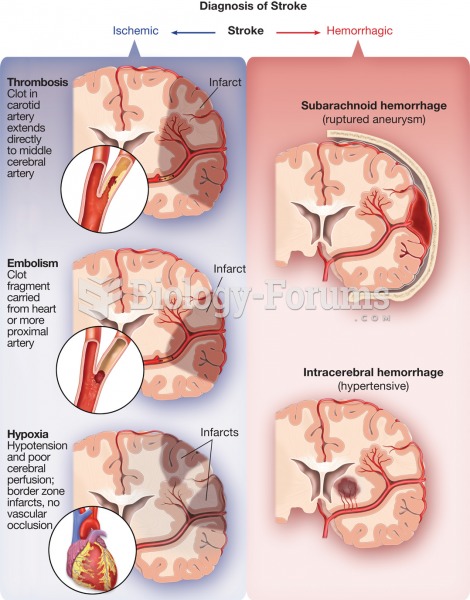Answer to Question 1
Correct Answer: 1,2,3
Rationale 1: Green tea can decrease the anticoagulant effects of warfarin, increasing the risk for thromboembolic events.
Rationale 2: St. John's wort can decrease the anticoagulant effects of warfarin, increasing the risk for thrombolytic events.
Rationale 3: Soy can decrease the anticoagulant effects of warfarin, increasing the risk for thrombolytic events.
Rationale 4: Feverfew may interact with warfarin to increase the risk of bleeding, not thromboembolic events.
Rationale 5: Ginger may interact with warfarin to increase the risk of bleeding, not thromboembolic events.
Global Rationale: Green tea, St. John's wort, and soy can decrease the anticoagulant effects of warfarin, increasing the risk for thromboembolic events. Feverfew and ginger may interact with warfarin to increase the risk of bleeding, not thromboembolic events.
Answer to Question 2
Correct Answer: 1,3,4,5
Rationale 1: Epilepsy is a preexisting disease. It would not be wise to discontinue therapy during pregnancy and lactation.
Rationale 2: Cystic acne may be treated with isotretinoin (Accutane). Isotretinoin is a Class X drug and can cause fetal brain damage. Other antibiotics such as tetracycline are Class D and should not be used in pregnancy.
Rationale 3: Sexually transmitted diseases can harm the fetus.
Rationale 4: Gestational diabetes is a complication related to pregnancy that must be treated for the safety of both the mother and growing fetus.
Rationale 5: If hypertension is present prior to pregnancy, it would be unwise to discontinue therapy during pregnancy and lactation.
Global Rationale: Epilepsy is a preexisting disease. It would not be wise to discontinue therapy during pregnancy and lactation. Sexually transmitted diseases can harm the fetus; therefore, they must be treated during pregnancy. Gestational diabetes is a complication related to pregnancy that must be treated for the safety of both the mother and growing fetus. If hypertension is present prior to pregnancy, it would be unwise to discontinue therapy during pregnancy and lactation. Cystic acne may be treated with isotretinoin (Accutane). Isotretinoin is a Class X drug and can cause fetal brain damage. Other antibiotics such as tetracycline are Class D and should not be used in pregnancy.





